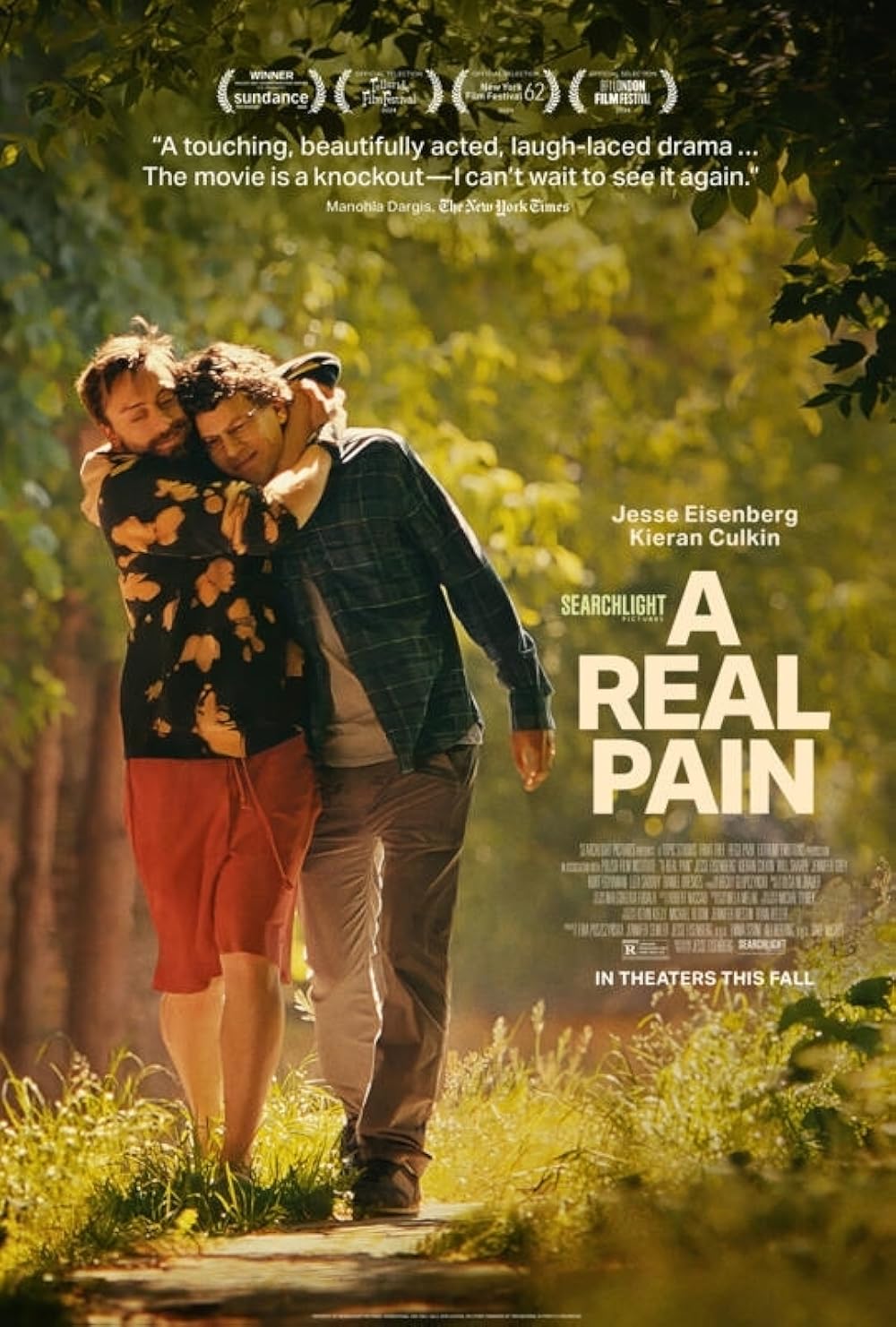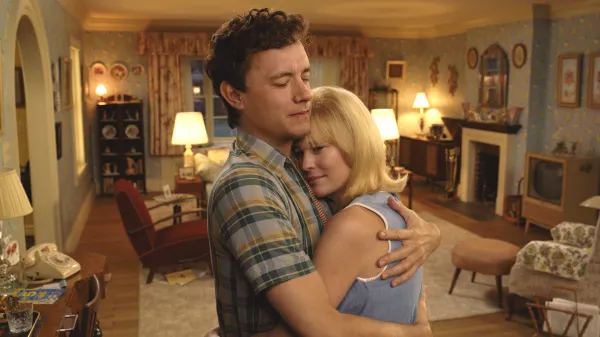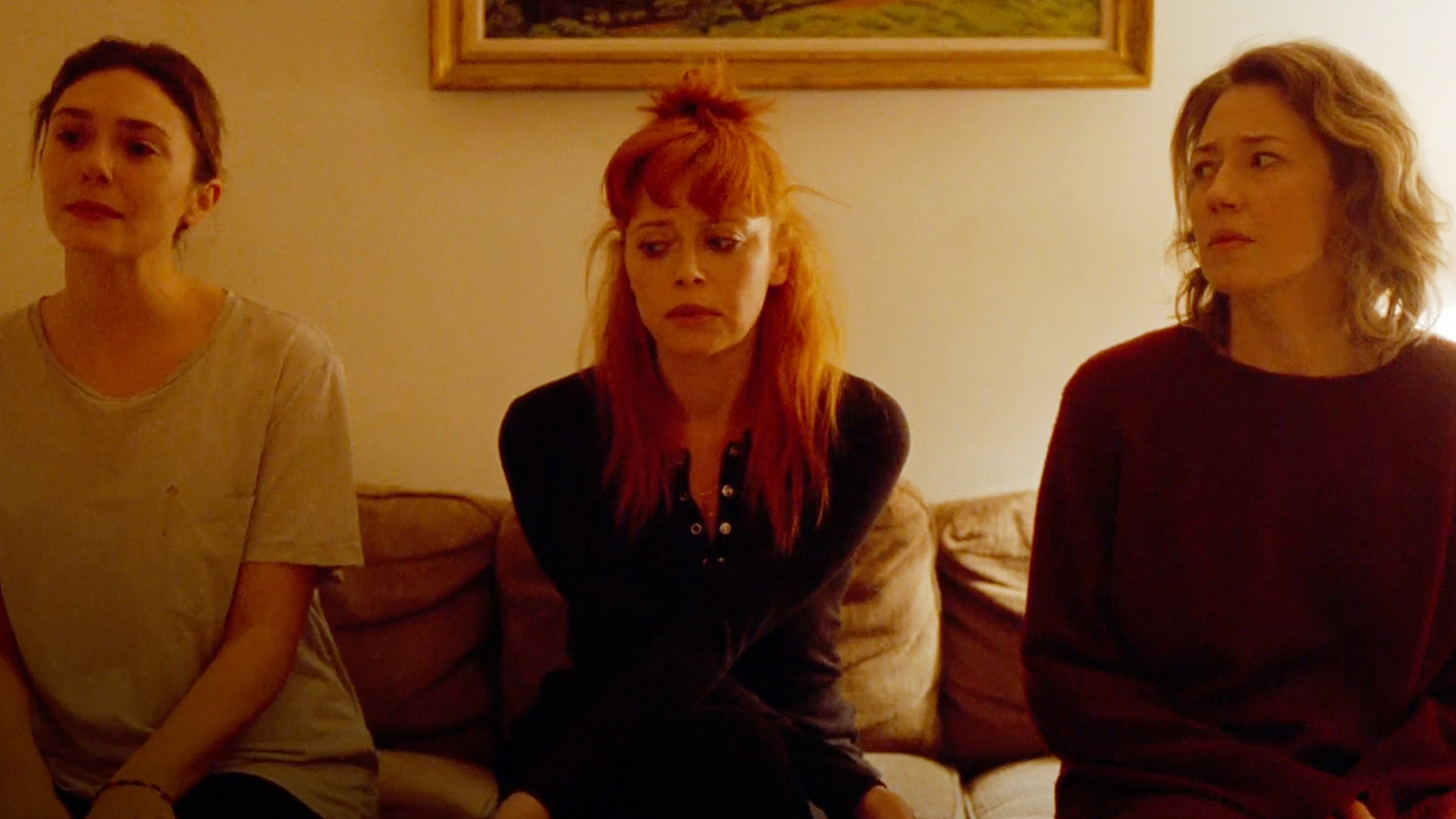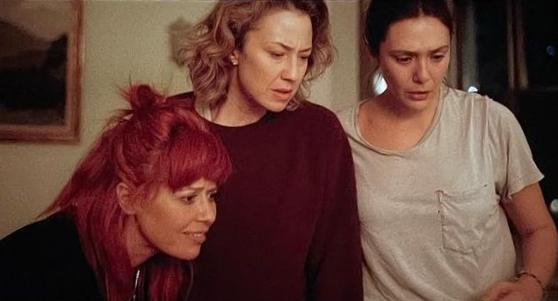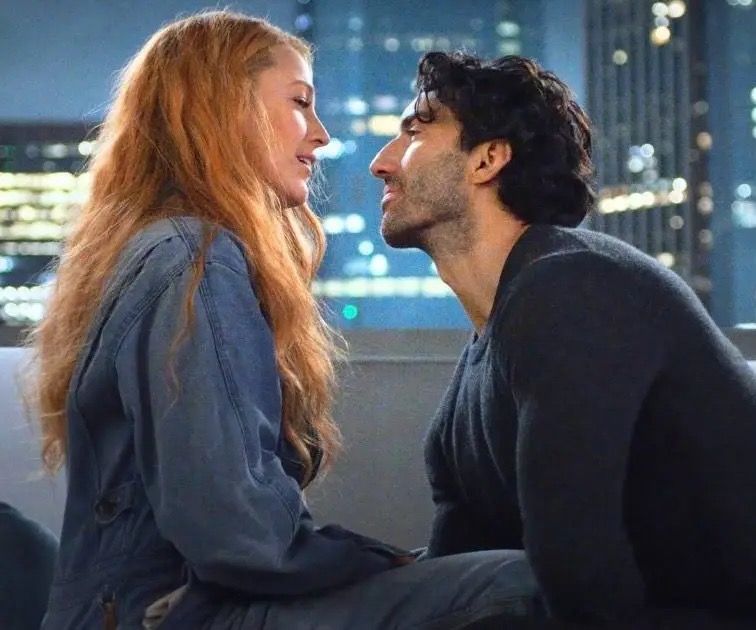Red One
Posted on November 14, 2024 at 12:29 pm
B-| Lowest Recommended Age: | Middle School |
| MPAA Rating: | Rated PG-13 for ction, some violence, and language |
| Profanity: | Some strong and crude language |
| Alcohol/ Drugs: | Alcohol |
| Violence/ Scariness: | Extended action-style peril and violence, scary monsters |
| Diversity Issues: | None |
| Date Released to Theaters: | November 15, 2024 |

The “Jumanji” team has not managed to match the same mixture of fantasy and heart, but Christmas spirit boosts their latest production to the level of solid family entertainment. Director Jake Kasden and star Dwayne Johnson have managed to turn the saga of the North Pole’s most beloved character into an action film, with Santa (code name: Red One) kidnapped on Christmas Eve. Who can save him? The Rock, of course, with some help from Captain America’s Chris Evans and Charlie’s Angel Lucy Liu.
Oscar-winner J.K. Simmons is in the title role, not fat, not jolly, but kind, wise, generous (emotionally, not to mention all those gifts). He truly loves all children, and as for adults, even the least lovable are dear to him because he sees the child they once were.
Johnson plays Callum Drift (was that intended to be a parody of an action hero name?), head of security and Santa’s most trusted colleague. But Drift insists this will be his last Christmas sleigh ride. After literally hundreds of years in the job, he has become cynical, not about the children but about the adults, who seem increasingly selfish and corrupt. For the first time, the naughty list is longer than the nice list, and he’s lost that Christmas spirit.
This is one of the film’s worst decisions. Johnson is an endlessly charismatic and charming screen presence, but here he is playing a character who is depressed and grim. It’s like he turned down the pilot light of his personality, and not in a fun way. And did he steal toys from the toy store? We don’t see him paying for them as he goes out through the supply room.
When Santa is kidnapped, Callum is on the job, reporting to Zoe (Liu), who oversees all magical characters. She assigns him to work with a Level 4 on the Naughty List named Jack (Evans), a Dark Web specialist and hacker with a gambling problem. He provided the geographic coordinates to the kidnapper without knowing what they would be used for.
Poor decision number two is the choice of bad guy. No spoilers, but both the casting and the reason for the kidnapping are not as compelling as they should be. And Liu has an underwritten part that is mostly striding purposively and monotone orders. That does not matter much because we are there for the action, and there is plenty, especially if you see the movie in a theater equipped with an immersive 4KD experience, so your seat will rumble in the car scenes and shake when the characters are in Santa’s sleigh. And I mean SHAKE. Plus some spritzing in your face. At a couple of points I thought the guy behind me was kicking my seat, but it was the 4KD.
Here’s a good decision: Chris Evans. He understands the assignment. He is playing Jack, a guy who literally steals candy from a baby — while he is orchestrating a sophisticated hacking job that involves setting a fire as a distraction so he can grab an employee ID. He is a terrible father to his son, Dylan (Wesley Kimmel), both neglecting him and encouraging him to take revenge on a friend and follow his dad’s example into a life of crime. Sounds like someone needs to learn the true meaning of Christmas! Evans handles the action scenes and is a master of the rhythms of comedy. He draws our eyes his way in every scene.
The fight scenes and special effects hit the sweet spot between fun and scary. There are attacking snowmen and a visit to Krampus (Kristofer Hivju), who used to punish naughty children on Christmas as Santa was leaving gifts for the good ones, according to German legend. Nick Kroll plays the intermediary who connected the villain to Jack and is now hanging out on a tropical island.
It wants us to feel the warmth of the season, but it takes it for granted that Christmas is universally celebrated and that it is mostly about the presents. Some of the jokes are pretty lightweight (Cullum asks Jack, “Do I look human?” and there are two jokes about Jack’s wanting a life-size Wonder Woman action figure and two about essential oils). Some are outright groaners (don’t bother to pay attention to what ELF stands for or notice the license plate on the snowmen’s van). There is a nice lesson about how every choice is an opportunity to decide who you are and which list will have your name on it. With a few better choices, this could have been a holiday classic.
Parents should know that this film has extended peril and action with some scary monsters. Characters use strong and crude language and drink alcohol.
Family discussion: Can you remember a decision that helped you decide who you are? Why was Jack a bad father?
If you like this, try: “Jumanji: Welcome to the Jungle”

